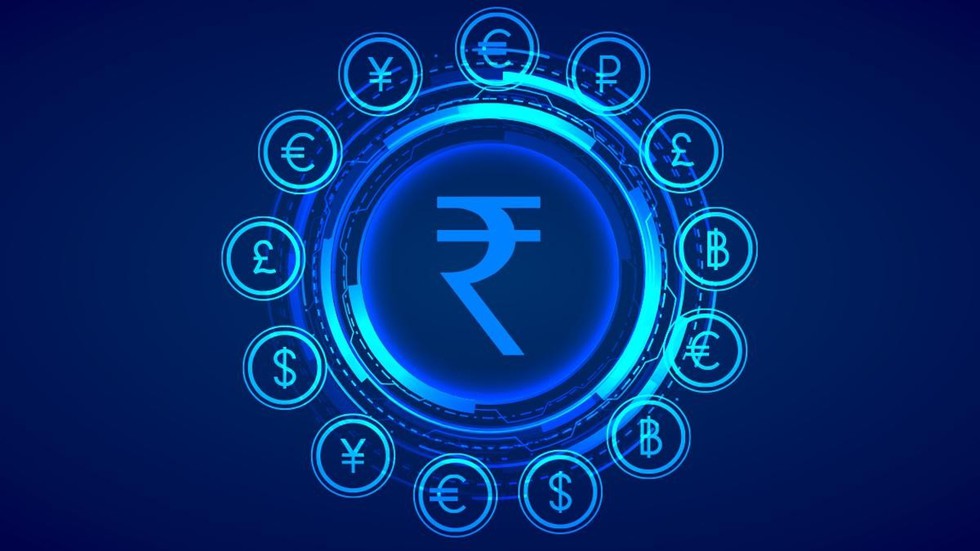
What is a Vostro Account?
About SRVA:
Scientists have yet to reach the bott...
The VVPAT-based audit of Electronic V...
The Reserve Bank of India (RBI) recen...
Many people died when a dam burst its...
The paradox of savings argues that a ...
The United States has reportedly refu...
Recently, G7 energy ministers discuss...
Recently, the European Society for Cl...
The International Monetary Fund has a...
Google’s DeepMind developed and evalu...